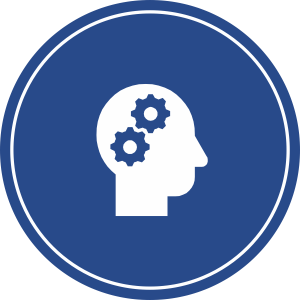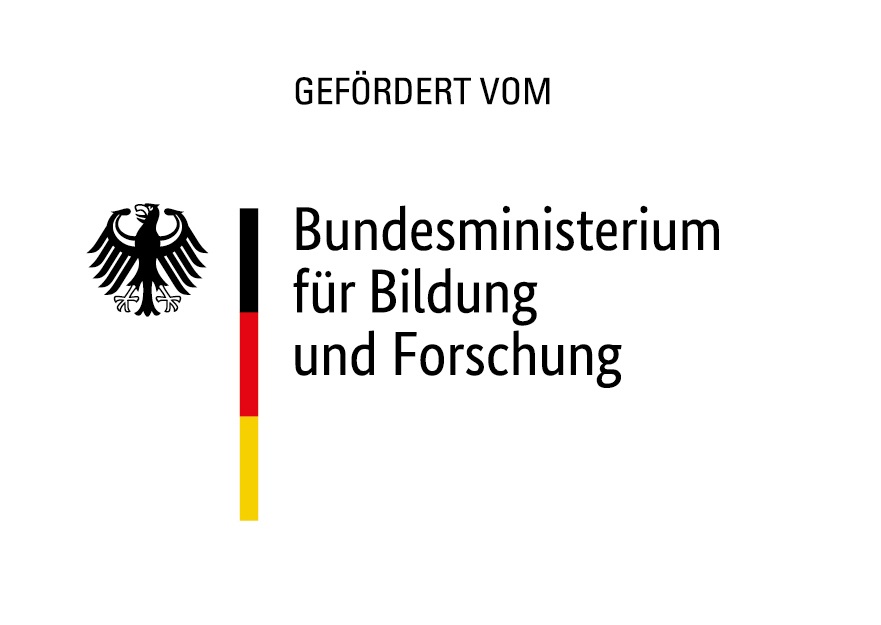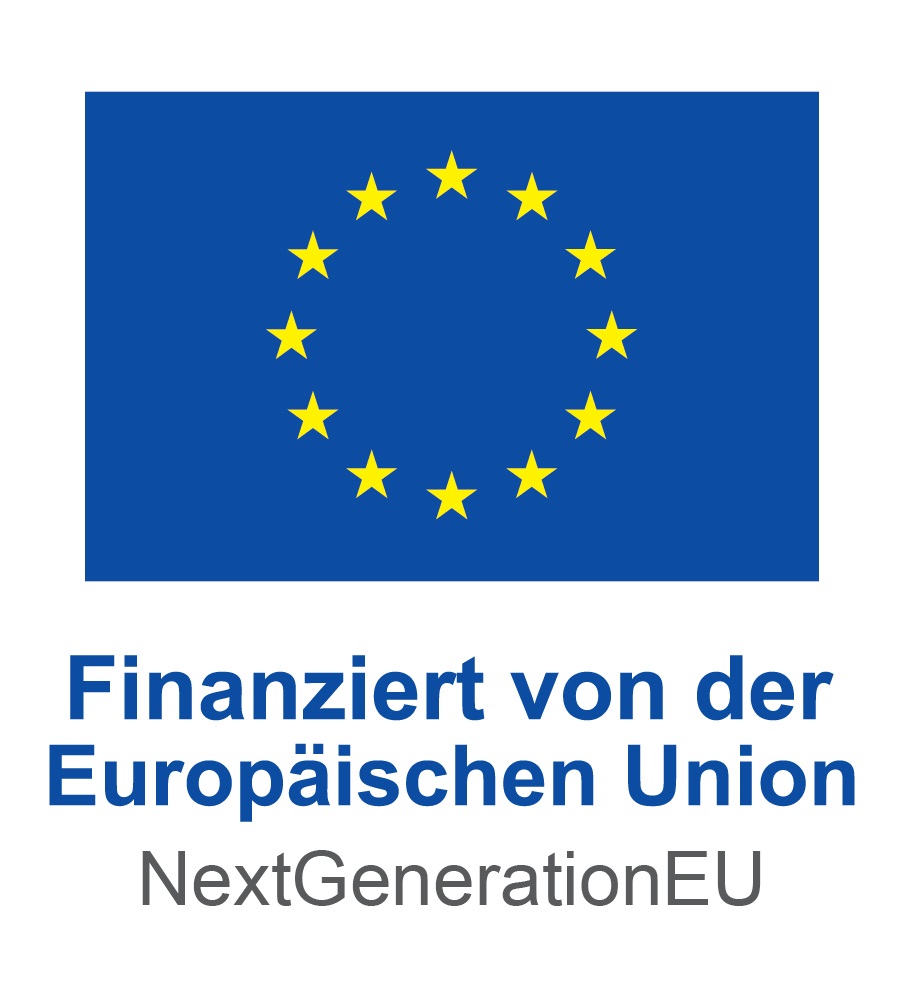BACKGROUND
Surveys are conducted in all disciplines, not just in social science research. In environmental sciences, for example, surveys explore public attitudes towards environmental issues. In medicine and public health, they assess patient satisfaction with healthcare services and public awareness of health issues. In economics, surveys understand consumer preferences and job satisfaction. In engineering and computer science, surveys gather feedback on product usability and functionality, as well as stakeholder opinions for project evaluation.
A good questionnaire is crucial for survey quality as it ensures accurate data collection, leading to higher validity and reliability of your research. Clear and concise questions improve response rates, enhance respondent engagement and reduce errors and biases, while a consistent format allows for better comparison and trend analysis. Well-designed questionnaires facilitate easier data preparation and analysis. Overall, the quality of a questionnaire directly impacts the usefulness and trustworthiness of the survey data.
WORKSHOP GOAL
Would you like to conduct a survey for your thesis or as part of your research project but are unsure how to create a questionnaire? Do you want to learn how to design your questionnaire to get clear and honest responses, maximize participation, and ensure that you gathered data that is easy to process and analyse, leading to reliable study results?
This training will teach you the fundamental principles of effective questionnaire design, covering measurement theory, wording, structure, and layout. It will raise awareness of the specific requirements different survey modes (like online surveys, telephone or face-to-face survey interviews) and target groups demand for questionnaire design, and covers topics such as data protection and documentation. The knowledge is illustrated through examples and reinforced interactively with small exercises and quizzes.
By the end of the course, you will have the necessary knowledge in survey instrument development to create a suitable questionnaire for your research project.
WORKSHOP CONTENT
Key topics covered include:
- Importance of good survey instruments
- Fundamentals of measurement theory
- Characteristics of a good questionnaire
- Types of questions and responses
- Development and testing of questions
- Utilizing existing instruments
- Questionnaire structure and layout
- Survey mode specific requirements
- Ethics and data protection
- Documentation of questionnaire development and the instruments
To further discuss specific issues or needs related to your particular research project, meet the trainer in an individual consultation.
TARGET AUDIENCE & PRIOR KNOWLEDGE
Researchers of all disciplines and career stages – early career researchers (especially PhD students) or advanced researchers – who want to conduct a survey and have little to no prior knowledge about survey research and questionnaire design.
TECHNICAL REQUIREMENTS
Working internet connection and access to Zoom.
ABOUT THE TRAINER
Dr. Susanne de Vogel is a data scientist for training and consulting at the DSC. She holds a diploma in Social Sciences from the University of Cologne (2013) and a PhD in Sociology from the Martin Luther University of Halle-Wittenberg (2019). Susanne has worked for over 10 years on the development and implementation of various panel studies at the German Center for Higher Education Research and Science Studies (DZHW) in Hanover. Her competencies lie in survey design, instrument development and in the collection, preparation, analysis, and management of (survey) data.




